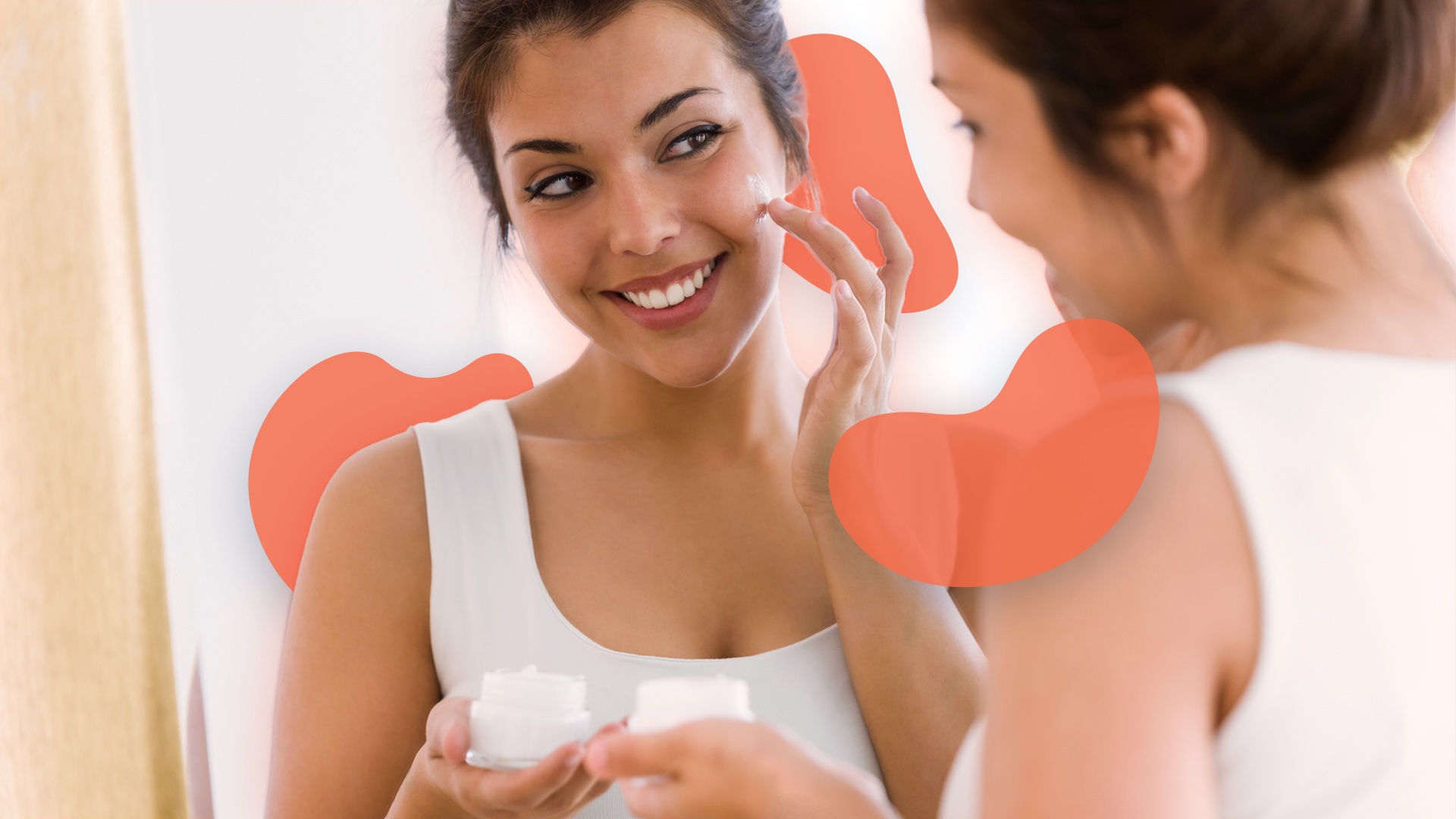Health & Wellness
5 Apr 2021 admin
SKIN CARE FOR YOUNG ADULTS ACNE
If you are leaving your late teens or getting into your early 20’s, and you don’t currently take care of your skin, it’s definitely time to start. The best time to start was in your early teens; the next best time is now. Even if you have relatively normal skin with no problematic conditions, it is still important to maintain your skin so that you don’t age prematurely and maintain healthy skin into your old age. While some of the biggest skin issues occur in your teenage years due to the hormonal changes associated with puberty, you can still get skin problems as a young adult enjoying their early twenties. Depending on the severity of your acne symptoms, you may have different symptoms ranging from mild ones like blackheads, whiteheads, and small pustules to swelling, irritation, and cysts in more severe cases. Different things can contribute indirectly to these factors and trigger acne breakouts, such as: Hormones influence different changes in the body. When you experience hormonal changes that may include fluctuations or over secretions, especially one that increases sebum production, it may increase your risk of an acne breakout. Women go through many hormonal changes associated with their menstrual cycle, pregnancy or breastfeeding, affecting sebum production. This may account for why more women than men have adult acne breakouts. When you are physically or emotionally stressed, it affects how your body works, which may also show on your skin. Cortisol, the stress hormone, is released when you are under stress and high cortisol levels trigger more oil production on your skin. Excess sebum can clog your pores resulting in acne.
Physical stress can also take its toll on your body, causing inflammation and reduced immunity. Physical stress may result from harsh weather, illness, exposure to environmental irritants and extreme physical exertions.
When your immunity is lowered, it becomes harder for you to fight bacterial skin infections, which may fester and result in acne. Certain medications may trigger acne breakouts in adults. If you use medications like corticosteroids, anabolic steroids, antidepressants, lithium, and some contraceptives formulations, you may be more prone to acne breakouts. When you use some skincare, makeup, or hair products, they may clog your pores and increase your chances of an acne breakout. Before purchasing any product that you will apply to your skin, it is advisable to ensure they are non-comedogenic (non-pore-clogging). Some foods may influence inflammation in your body and make you more likely to have adult acne. Although there is no scientific evidence to ascertain this yet, some people believe excessive white flour foods, fast food, and dairy may increase acne breakouts. If you are prone to adult acne breakouts, you may want to incorporate a skincare routine that will help you manage your symptoms and prevent outbreaks. If your skin is prone to acne breakouts, this is a simple yet effective routine to prevent acne breakouts and help you manage symptoms. Irrespective of your skin type or acne type, it is advisable to begin your skincare routine with a gentle cleanser. You can use your fingers or a soft wash towel to cleanse your face, jaw and neckline gently. A mild cleanser will work just fine, so you don’t need to use a harsh cleanser.
It is recommended that you cleanse your face twice daily – morning and night, to remove all the dirt, impurities, and excess oil that can clog your pores. After cleansing your skin, the next step is to use a toner. The toners prepare your skin to absorb products by gently opening up your pores. Toners also work great in removing excess oil, hydrating your skin, and clear blemishes. You should also mind the toners’ alcohol content to ensure they aren’t overly drying out your skin. If you have prescription medication for acne, this is the right time to apply it to your skin. Just make sure that your face has dried completely from the toner before applying the medication. After your acne medication has dried out, the next step is to apply a moisturizer. Acne medications usually dry out your skin, so it is essential not to miss this step. For better results, you should moisturize in the morning and night. Sunscreens are important, especially during your morning routine. Many moisturizers contain SPF these days; however, if your moisturizer doesn’t have SPF, you should consider using an SPF cream or gel as well.
Sunscreen protects your skin from sunburns, premature aging, and developing cancers.
Symptoms of Adult Acne
Causes of Adult Acne
Acne forms on your skin usually as a direct result of one of these four factors:
Hormones
Stress
Medications
Use of Products
Diet
How to Manage Adult Acne
Know Your Skin Type
In managing your acne, the first step is to identify your skin type. You can take a simple home test to identify your skin type. The four major skin types are:
Identify Your Acne Type and Cause
Your acne could be either inflammatory or non-inflammatory. Inflammatory acne is usually red, tender, painful and fluid-filled, while non-inflammatory acne is harder and looks more like spots.
Basic Skin Care Routine For Acne Prone Skin
Use a Cleanser
Use a Toner or Astringent
Use an Acne Treatment
Use an Oil-free Moisturizer
Apply Sunscreen
Ready to see the doctor?
Log In / Register Virtual care services are open 8 am to 8 pm on weekdays and 9 am to 5 pm weekends.
Virtual care services are open 8 am to 8 pm on weekdays and 9 am to 5 pm weekends.